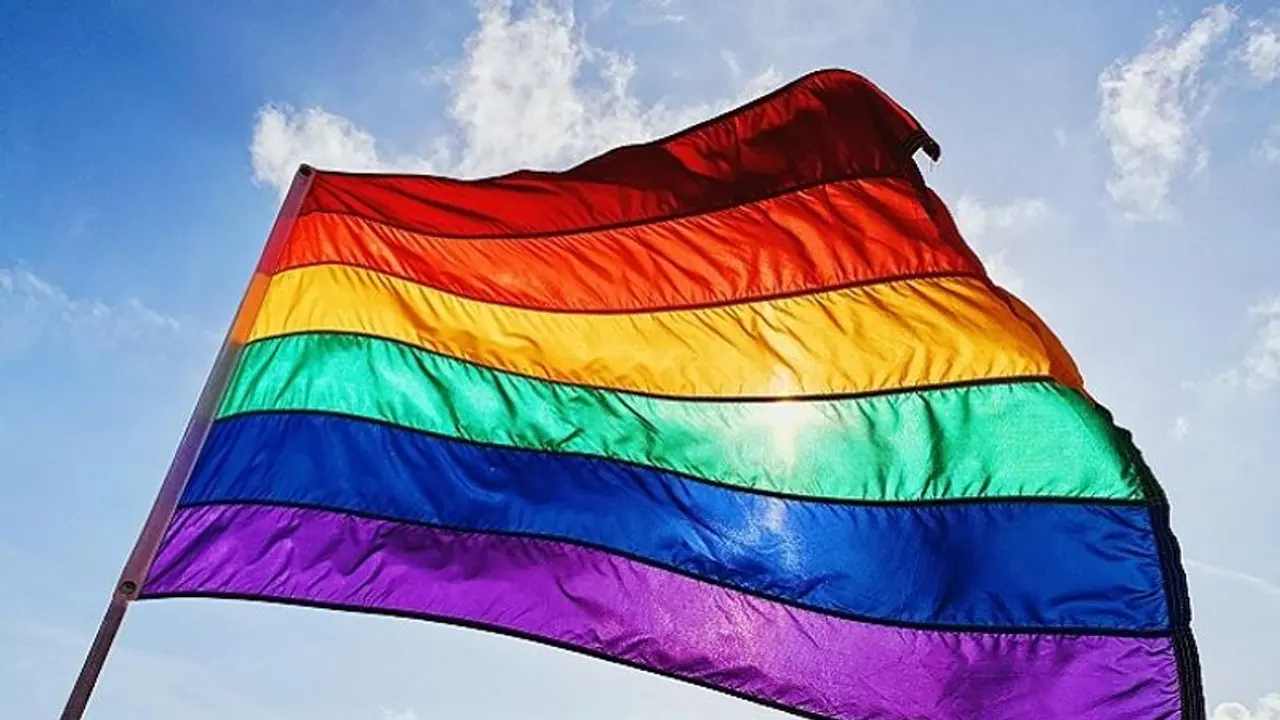The article discusses Russia's recent decision to categorize the 'international LGBT public movement' as extremist, marking a significant development in the country's approach to LGBTQ+ rights.
In a groundbreaking ruling, Russia's Supreme Court has labeled an "international LGBT public movement" as extremist. This decision, seen by representatives of the LGBTQ+ community as a severe threat, is anticipated to result in increased arrests and prosecutions of an already marginalized group. The vague terminology used in the ruling allows authorities to target any individual or organization perceived to be part of this loosely defined "movement."

The Justice Ministry had previously requested the extremist label for the "international LGBT movement" without providing a clear definition of the term. Although not a registered entity in Russia, this broad categorization gives authorities the power to persecute anyone associated with what they consider the "movement." Human rights activists argue that this ruling effectively makes legal activities of LGBTQ+ organizations impossible in Russia.
The closed-door hearing on Thursday lacked a defendant, further raising concerns about the lack of transparency in the legal process. Lucy Shtein, a member of the Pussy Riot art collective, expressed that anyone identifying with the LGBTQ+ movement could now become a target.
War in Ukraine Fuels Conservative Shift
Since the commencement of the war in Ukraine, Russia has witnessed a growing conservative trend. The Kremlin has utilized the extremist label not only against the LGBTQ+ community but also to prosecute human rights groups, independent media, and political opposition, aligning with President Vladimir Putin's renewed emphasis on "traditional values."
In recent speeches, Putin has used anti-gay rhetoric as a cornerstone of his political agenda, accusing the West of embracing "open satanism" due to its support for gay and transgender rights. Critics argue that such rhetoric is an attempt to create an internal enemy as the conflict in Ukraine persists, with LGBTQ+ individuals being scapegoated.
Ongoing Suppression Efforts
This ruling follows a series of laws introduced to suppress LGBTQ+ rights in Russia. Earlier this year, Putin signed a law banning "LGBT propaganda" among adults, criminalizing any attempt to promote what Russia deems "non-traditional sexual relations" in various forms of media. The aftermath saw cultural institutions, such as the Bolshoi Theatre, withdrawing LGBTQ+-themed content.
The Kremlin's attempts to stifle LGBTQ+ culture have faced ridicule for their absurdity. Notably, a popular Russian television channel removed a rainbow from K-pop music, leading to a request by the Russian Duma to officially declare no connection between rainbows and the LGBTQ+ community. Additionally, lawmakers banned medical interventions and administrative procedures allowing gender changes over the summer.
Critics view these measures as part of Moscow's broader ideology promoting 'traditional values,' characterizing it as increasingly totalitarian. The LGBTQ+ community in Russia now faces heightened challenges and threats in the wake of these repressive legal actions.
